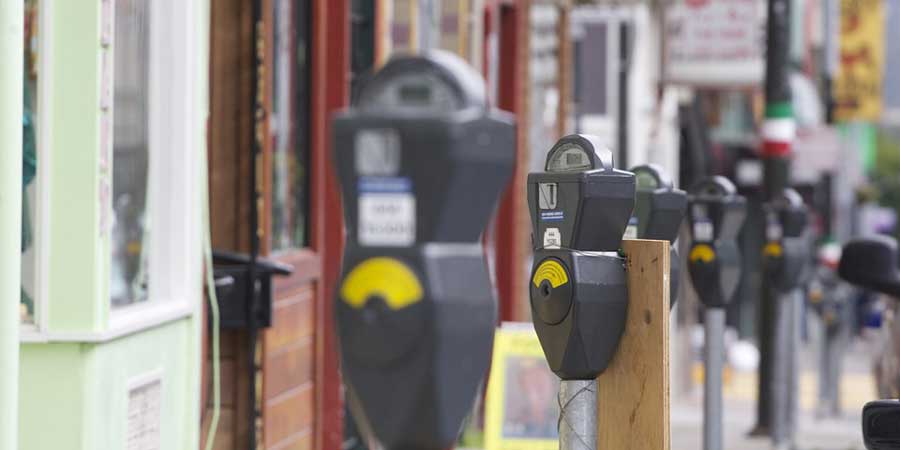We ask Facebook…how do you deal with debt for the first time?
Many of our Facebook followers are moving towards freedom from debt with...
Nobody likes to receive a parking fine, and it’s especially infuriating if you feel that it was issued unfairly.
Our friends at confused.com have some handy tips to help you contest an unfair parking fine.
If you’ve received an unfair fine, you need to know exactly what you’re dealing with before you contest it. There are three common types of traffic penalties:
These are issued for parking, dangerous driving or other minor offences. The time you get to pay this kind of fine varies depending on where you live. In Northern Ireland you have 21 days to pay it, and in England and Wales you have 28 days.
If you don’t pay within the allowed timeframe, you may get a summons to a magistrates’ court and the amount you owe will be increased. If you’re issued one of these fines, points can also be added to your licence alongside as the financial penalty.
The only way to appeal against a Fixed Penalty Notice is to go to a magistrates’ court hearing.
These are the ones you get for parking or other driving-related issues, such as driving in a bus lane.
If you don’t pay the PCN, the amount you owe will increase and the debt may be escalated to County Court. From there, bailiffs or enforcement agents may be instructed to recover the money and this will incur extra fees.
You can appeal a PCN, initially to the council and then through a formal tribunal process.
You tend to get these for overstaying in supermarket, hospital or other private car parks. If you don’t pay the amount owed, the parking company will write to you and may apply for a County Court judgment.
In the past these companies would clamp cars, but this has been illegal since 2012.

Penalty Charge Notices (PCNs) are issued by your local council. They’re often confused with private parking invoices – which are sometimes called a Parking Charge Notice.
The main difference is that a ‘genuine’ Penalty Charge Notice can be enforced with bailiffs if it’s unpaid. A private parking operator can’t issue bailiffs, but they can pursue the debt through County Court to apply for a County Court Judgment against you.
If you believe the PCN is unfair, then you’re well within your rights to contest it.
We at confused.com carried out some research to find out just how many people have contested an unfair parking fine. It turns out that two in five (40%) drivers have appealed a Penalty Charge Notice (PCN) at some point.
Data showed that challenging the penalty notice may be worthwhile, as 74% of these people were successful. They either paid a reduced amount or nothing at all!
That’s not to say that the process of challenging one of these fines is straightforward. More than half of people surveyed (52%) believe that if the process of appealing a PCN was clearer, they’d have challenged their fine.
Before you start your appeal, get clear on why the penalty is unfair. Do you have evidence that supports your appeal, such as car park receipts? Once you’ve gathered this evidence, send your appeal either as a letter to the address on your parking fine ticket, or via the parking enforcer’s website.
In your appeal letter, it’s really important that you include

It’s really important that you clearly get your point across in your appeal letter. To do this, you need to:
Once that’s done, send your appeal off within 14 days of the fine being issued. Doing this will give you time to pay a reduced fine if your appeal is rejected. We can’t guarantee that your appeal will be successful, but this is the correct channel to pursue if you believe the fine is unfair!
Visit our website for more information on how to appeal a Penalty Charge Notice, and other circumstances where you may be able to contest it.
Have you ever contested a Penalty Charge Notice? Were you successful? Tell us all about it in the comments!